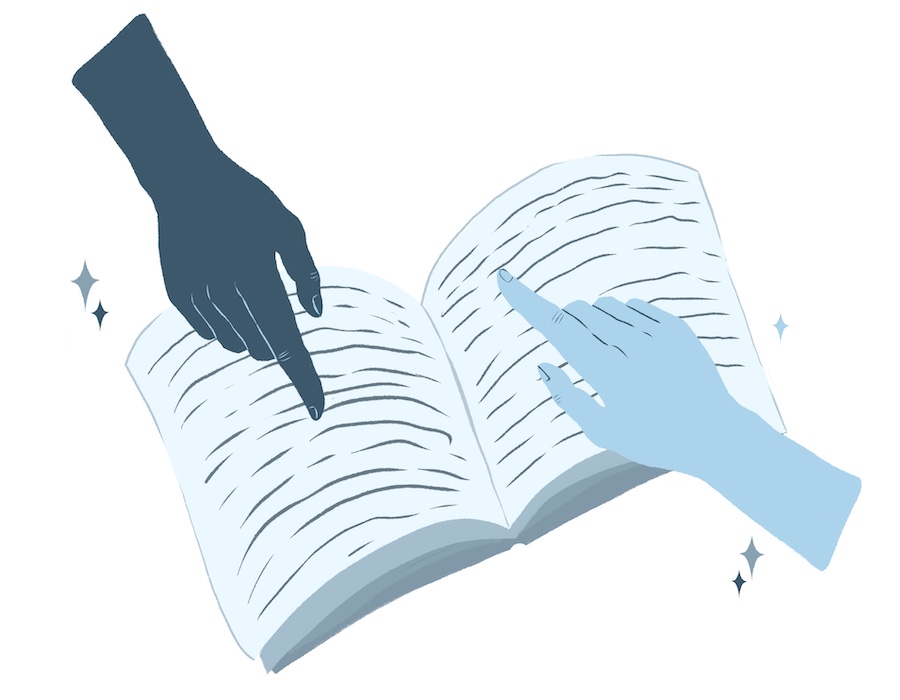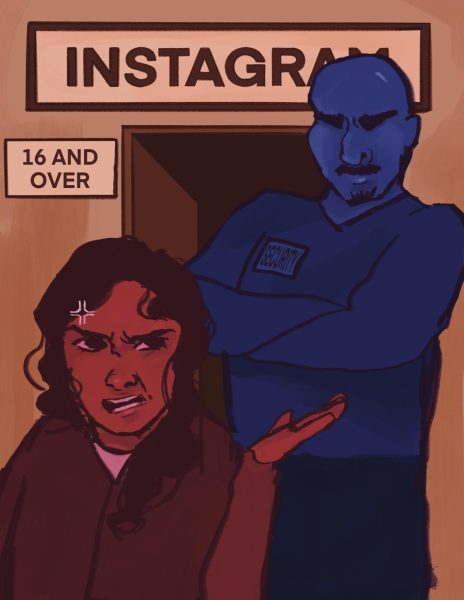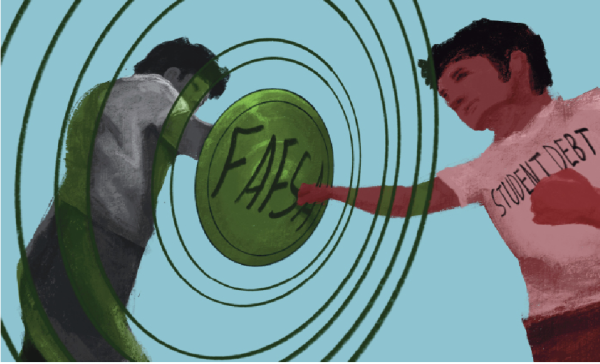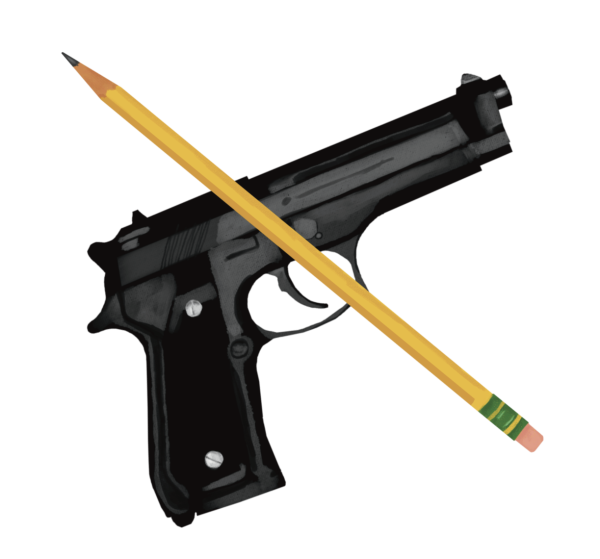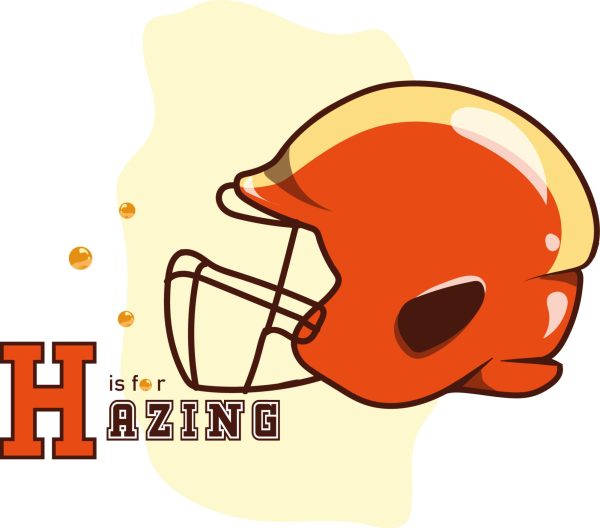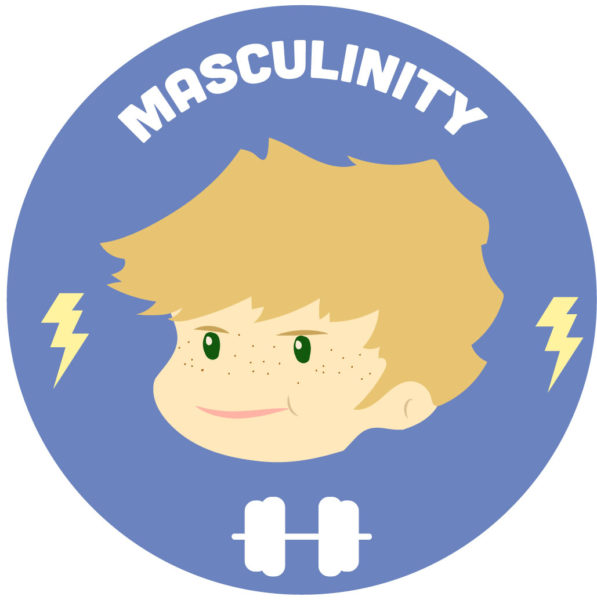Literature teaches us what it means to be human
August 17, 2022
English classes tend to bear the brunt of animosity from students. One of the most popular examples of this is the “blue curtains” joke on the Internet, which mocks English teachers for asking students to analyze texts beyond the surface level. “But WHY are the curtains blue?” the teacher asks. For the student, it’s a ridiculous question. The curtains are blue because the author wanted them to be blue — that’s it.
It is important to note that a lot of the lack of appreciation for literature can be attributed to external sources. Engineering is a prominent job sector in Melbourne. For many students, STEM is a primary element of their upbringing. Furthermore, with the perceived lack of career prospects involved with English and literature, schools often do not place the same emphasis on them as they would on STEM-related subjects. And with the surge of book bans in schools across the country, it seems as though literature is as undervalued and vulnerable as ever.
So what exactly is the benefit of literature and its analysis? It’s a completely fair question to ask.
Literature builds empathy towards others and the world in general. It broadens our understanding of humanity and its struggles. Literature enables us to engage with ideas through unique perspectives that we may never have considered before. It can put us in the shoes of those before us so we can feel their hardships and triumphs. The skills garnered from reading and understanding literature are not something carried solely throughout your academic career, but throughout your personal life as well.
Literature shines a spotlight on issues within society. A popular example of this that most students are familiar with is “The Yellow Wallpaper” by Charlotte Perkins Gilman. This short story centers on a woman’s descent into madness after being prescribed “rest-cure treatment” for her postpartum depression. In the early 19th century, women who experienced any type of mental disorder were sweepingly seen as victims of “hysteria.” The answer to this by the majority of doctors was bed rest, which meant no longer engaging in creative or intellectual activities. “The Yellow Wallpaper” was inspired by Gilman’s own experiences and how the “cure” only strengthened her suicidal ideation. Reading this short story puts the reader into the fragile mind of the narrator and how it slowly but surely falls apart by the end. This story conveys the horrifying reality of how women with mental disorders were treated by doctors at the time. It is important to recognize the hard and unsettling truth that literature unveils in order to ensure that such events are prevented in the future.
Unfortunately, literature being taught in schools faces more challenges than ever. According to PEN America, 1,586 books have been banned in schools during the past nine months. Twenty-two percent of these books directly address race and racism. This is an incredibly dangerous precedent. Throughout decades, literature has remained a tool for authors to voice their opinions and increase awareness of certain issues within the general public. Book bans are a direct threat to one of literature’s most crucial functions. Stripping schools of books that involve “uncomfortable” subjects inherently opposes literature’s core benefit: forging empathy and compassion for others.
Literature inspires creativity as well. Your individual experiences, thoughts and ideas can be used to analyze texts. This may seem negated by the use of a grading system by teachers; however, your input is still important when it comes to understanding a certain work. You may understand a distinct element of a work that others do not because of your unique perspective. Engaging with literature on a more personal level allows you to uncover layers of beauty in what you read. Your ability to understand literature will improve your overall critical thinking skills. Reading comprehension is a major benefit regardless of one’s career path. Communication skills, whether verbal or written, will be enhanced simply by reading more often.
Literature is an invisible string that ties centuries of human experience together. American author James Baldwin once said, “You read something which you thought only happened to you, and you discover that it happened 100 years ago to Dostoyevsky. This is a very great liberation for the suffering, struggling person, who always thinks that he is alone. This is why art is important. Art would not be important if life were not important, and life is important.”

